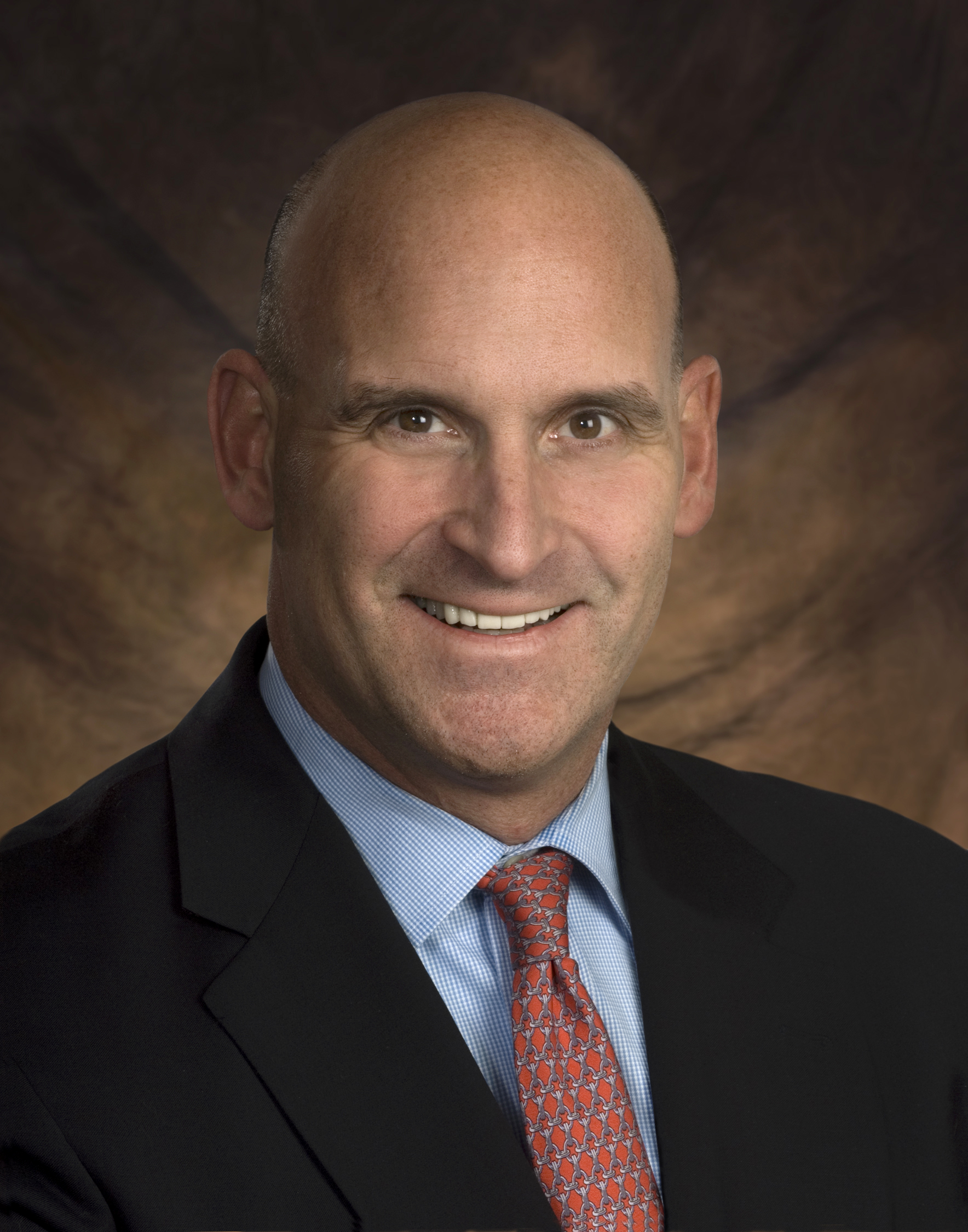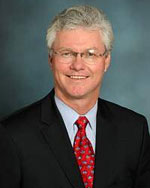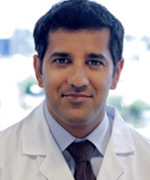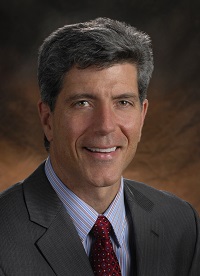Eight spine surgeons discuss their observations on the spine field heading into 2014 and what the healthcare field will demand of spine surgeons in the future.
 Todd Albert, MD, President, Rothman Institute, Philadelphia: The key to being a leader in today's healthcare environment requires a unique understanding of the situation, the need for collection and reporting of outcomes, and the interface between practice partners, hospital partners and patients.
Todd Albert, MD, President, Rothman Institute, Philadelphia: The key to being a leader in today's healthcare environment requires a unique understanding of the situation, the need for collection and reporting of outcomes, and the interface between practice partners, hospital partners and patients.
Frank Cammisa, MD, Chief of Spine Service, Hospital for Special Surgery, New York City: Advocating for new ideas, technologies  and directions, whether in education, research, or clinical care, is a key attribute of leadership. The second and equally important attribute is the ability to persuade others to embrace those ideas and work collaboratively towards them. When I consider those dual challenges, the words of legendary football player Vince Lombardi always come to mind: "Individual commitment to a group effort — that is what makes a team work, a company work, a society work a civilization work."
and directions, whether in education, research, or clinical care, is a key attribute of leadership. The second and equally important attribute is the ability to persuade others to embrace those ideas and work collaboratively towards them. When I consider those dual challenges, the words of legendary football player Vince Lombardi always come to mind: "Individual commitment to a group effort — that is what makes a team work, a company work, a society work a civilization work."
 John Finkenberg, MD, Chair of the NASS Advocacy Council: I believe the spine leaders in the future will need to be intimately involved with understanding the governmental changes taking place in our healthcare system and then be excellent communicators with patients and colleagues to help them navigate through the major changes.
John Finkenberg, MD, Chair of the NASS Advocacy Council: I believe the spine leaders in the future will need to be intimately involved with understanding the governmental changes taking place in our healthcare system and then be excellent communicators with patients and colleagues to help them navigate through the major changes.
Good leaders are great listeners, but the exceptional ones will assimilate the information and then take action that is both balanced and comprehensive. Physicians need to remember that our patients will eventually drive the direction of our healthcare system and fortunately they believe that doctors, not Congressmen, are the most capable of steering the course.
Morgan Lorio, MD, Neuro-Spine Solutions, PC, Bristol, Tenn.: The future of spine depends first on econometric value. Economic benefit evidence will  drive carriers (who hold the purse strings) to direct the future of leadership in spine. Spine societies must accommodate the paradigm shift in spine with absolute transparency with their constituent members in the trenches. Surgeons must be apprised as to what criteria are required for approval to achieve prompt, efficient point of service, the business of spine.
drive carriers (who hold the purse strings) to direct the future of leadership in spine. Spine societies must accommodate the paradigm shift in spine with absolute transparency with their constituent members in the trenches. Surgeons must be apprised as to what criteria are required for approval to achieve prompt, efficient point of service, the business of spine.
A level playing ground strategically mapped out by spine leaders within International Society for the Advancement of Spine Surgery and other societies must carry out a five-year, 10-year plan now if we are to continue to deliver spine care. Meanwhile, a currently fragmented think tank must come together within the American Medical Association, spine societies, industry, Medicare, private insurance carriers and hospitals led by responsible spine surgeon leadership and powered with the voice of patient advocacy.
David Rothbart, MD, Medical Director, Spine Team Texas, Southlake, Texas: Cost, quality and patient satisfaction are going to be of paramount  importance moving forward. As a leader of a multidisciplinary spine center, it is critical to embed within the culture of the organization a focus on the entire patient experience, creating the least invasive and most effective treatment protocols and providing care in facilities that are philosophically mutually aligned in terms of excellence, safety and cost containment. In addition, we must continue to foster a sense of innovation in order to provide the most comprehensive, cost-effective treatment alternatives for our patients.
importance moving forward. As a leader of a multidisciplinary spine center, it is critical to embed within the culture of the organization a focus on the entire patient experience, creating the least invasive and most effective treatment protocols and providing care in facilities that are philosophically mutually aligned in terms of excellence, safety and cost containment. In addition, we must continue to foster a sense of innovation in order to provide the most comprehensive, cost-effective treatment alternatives for our patients.
Nick Shamie, MD, Chief of Orthopedic Spine Surgery, UCLA: The key to being a leader in spine surgery today is to stay current with the politics of healthcare delivery in the U.S. and globally, staying active in societies that advocate for spine surgeons and not losing sight of the most important goal of providing the best and most cost-effective care for our patients. The three pillars of academic medicine — research, education and patient care — should be high on the priority list of policy makers as they make tough changes designed mostly to contain costs. It is our job to communicate with them regularly and help guide their decisions for the betterment of our field with the patients as the main beneficiaries.
the politics of healthcare delivery in the U.S. and globally, staying active in societies that advocate for spine surgeons and not losing sight of the most important goal of providing the best and most cost-effective care for our patients. The three pillars of academic medicine — research, education and patient care — should be high on the priority list of policy makers as they make tough changes designed mostly to contain costs. It is our job to communicate with them regularly and help guide their decisions for the betterment of our field with the patients as the main beneficiaries.
 Khawar Siddique, MD, Co-Founder, Beverly Hills Spine Surgery, Los Angeles: Leaders in any industry are visionaries; namely, they have the ability to correctly identify and adapt to changes in the industry. There is no question that healthcare is in the midst of a dramatic overhaul. Surgeons and healthcare leaders that fail to recognize and adapt to these changes will be left behind. As one business school professor once told me, competitors will "eat their lunch."
Khawar Siddique, MD, Co-Founder, Beverly Hills Spine Surgery, Los Angeles: Leaders in any industry are visionaries; namely, they have the ability to correctly identify and adapt to changes in the industry. There is no question that healthcare is in the midst of a dramatic overhaul. Surgeons and healthcare leaders that fail to recognize and adapt to these changes will be left behind. As one business school professor once told me, competitors will "eat their lunch."
The billion dollar question is what the effect of "Obamacare" will on the industry over the next several years. Obviously no person knows for sure, but that's why these are exciting times. Uncertainty creates opportunity. Our group has decided on a course of action. Don't be left behind. I encourage all surgeon leaders to be proactive and set a course that is right for their specific situation.

Read "51 Spine Surgeons on Top Leadership Strategies" for more coverage on spine surgeon leadership today.
More Articles on Spine Surgeons:
8 Spine and Neurosurgeons on the Move
Spine Surgeon Roundtable: Where Research & Reimbursements Are Headed
A New Generation of Spine Surgeons: How Minimally Invasive Techniques Impact Training